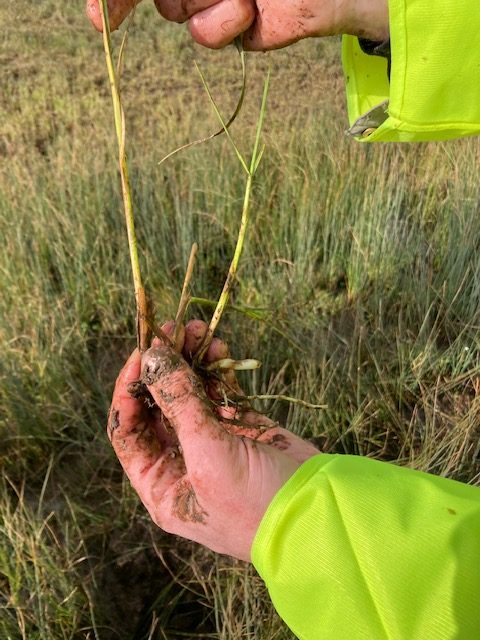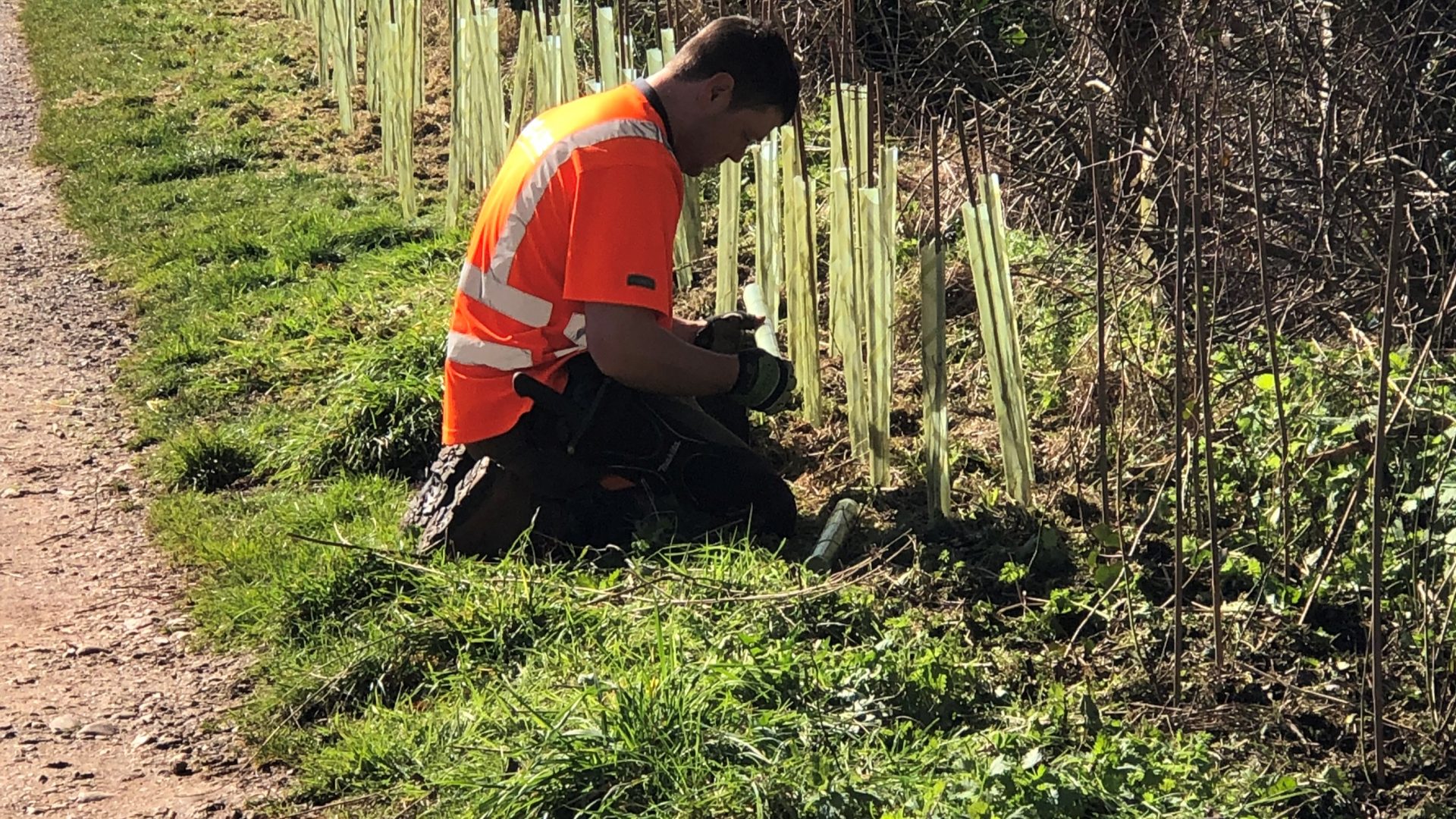
Some of Devon’s rarest plants are to be moved to new sites in the county as work continues on the Lower Otter Restoration Project (LORP).
The Lower Otter is currently the only known place in Devon where the divided sedge (Carex divisa) is found and is one of only a few sites in the South West where it grows – it is deemed nationally scarce. The survival of these plants is threatened by rising sea levels and the deterioration of embankments at the Lower Otter. Volunteers will be helping to move the yellow-tipped grass-like plant to new sites nearby.
Also being moved are some populations of galingale (Cyperus longus), which is also scarce nationally, though less so in Devon than the divided sedge. Unlike the divided sedge, the galingale will be able to continue to survive in some areas of the lower Otter valley.
Three sites with similar ecological characteristics have been chosen to replant these rare species and their progress will be monitored over the next 12 months. One of the chosen sites is grazing marsh associated with the Axe estuary, where divided sedge had been known to grow but was last recorded as present in 1934.
Moving the rare plants follows on from 400 southern marsh orchids that grew on the Lower Otter being relocated elsewhere last year.
Dr Sam Bridgewater, Head of Wildlife and Conservation for landowners, Clinton Devon Estates, said: “The divided sedge is an unassuming little plant which you could be forgiven for overlooking, but it’s the rarest living thing that the LORP scheme will provide help to. We hope it will thrive in the new sites it is to be moved to.”
Planting of hedgerows to the north of Little Bank has also begun. Native species, including hawthorn, blackthorn and dog rose, have been planted in among gaps to existing hedgerows. The LORP project will see a net gain of 1.5km of hedgerow when completed.
The Environment Agency led LORP project is one of two schemes under the ERDF’s Interreg France Channel England funded Promoting Adaptation to Changing Coasts project. The second site of the total €26m project is in the Saâne Valley in Quiberville, Normandy.



